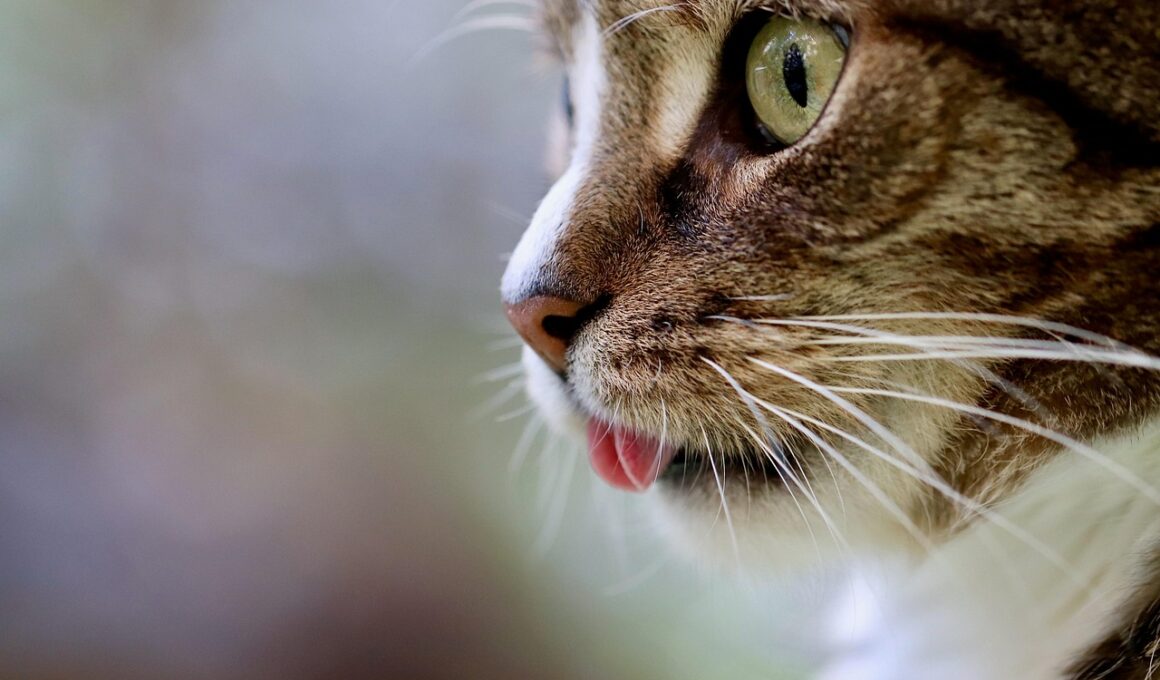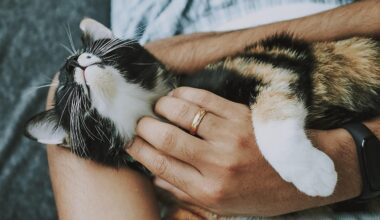Case Studies: Successful Pet Negligence Claims Involving Cats
Pet negligence laws act as protective measures for cats, enabling pet owners to seek justice when their felines suffer harm due to carelessness. A notable case involved a cat named Snowball, who suffered injuries after being left unattended by a pet sitter. Snowball’s owner filed a negligence claim, stating that the sitter’s inaction led to the incident. In court, it was established that the sitter had a legal duty to ensure Snowball’s safety. The verdict ruled in favor of the owner, setting a precedent for future cases involving pet negligence.
Another significant case took place in California, where a veterinarian was sued for negligence regarding a cat’s post-operative care. After surgery, the cat was inadequately monitored, resulting in severe complications and distress. The owner argued that the vet breached the standard of care expected in such situations. A jury found the veterinarian liable, awarding damages to the owner. This case exemplified the importance of thorough post-operative care and reinforced the need for vets to uphold high professional standards to avoid negligence claims.
A compelling case from New York highlighted the responsibilities of landlords towards tenants’ pets. In this instance, a cat was injured due to negligence regarding building maintenance. The owner filed a claim against the landlord, stating that hazardous maintenance practices led to the injury. The court concluded that the landlord had a duty to protect all residents, including pets. This ruling opened up discussions on the legal rights of pets in rental situations, emphasizing the duty of landlords to maintain safe environments that consider animal welfare.
Pet Shipping and Negligence
In a distressing incident involving a cat transported by a pet shipping company, the owner discovered that the company had failed to ensure proper care during transit. The cat suffered from dehydration and stress, leading to a series of medical issues that required extensive treatment. The owner initiated a negligence claim against the shipping company, arguing that they did not adhere to industry standards. The court found in favor of the owner, highlighting the company’s responsibility to ensure the animals were treated humanely throughout the transportation process.
In yet another striking case from Texas, pet neglect came at the hands of a former caretaker. A cat entrusted to the caretaker was discovered in deplorable conditions, severely malnourished and injured. The owner was notified and immediately sought legal action, claiming the caretaker had a duty to provide proper care. The court ruled in favor of the owner, emphasizing the necessity of holding caretakers accountable for their obligations. This case shed light on the potential risks associated with trusting others with pet care, urging pet owners to conduct thorough background checks.
One highly talked-about claim arose from a situation where a neighbor’s dog attacked a cat, causing serious injury. The owner of the cat sought damages from the dog owner, asserting that neglecting control measures constituted negligence. The neighboring dog owner argued that the incident was an unforeseen circumstance. However, the court ruled that pet owners must take responsibility for securing their animals, confirming that negligence can extend beyond direct care to encompass safety measures around other animals, reinforcing responsibility for pet safety within communities.
Legal Implications and Awareness
The outcomes of these cases have far-reaching implications, particularly regarding legal awareness and responsibility among pet owners. The rulings not only reinforce the importance of diligent pet care but also highlight the growing recognition of cats in legal discussions about pet rights and responsibilities. Increased awareness about pet negligence laws encourages owners to understand their legal rights and obligations. Moving forward, it is crucial for pet owners to familiarize themselves with applicable laws to protect their beloved companions from harm, promoting a culture of accountability.
Each case serves as a reminder of the vital role that laws play in safeguarding pets, illustrating how negligence can result in devastating consequences. As communities recognize the importance of pet welfare, there will likely be a push for more robust regulations surrounding pet care and legal responsibilities. Engaging in responsible pet ownership practices can lead to improved safety and well-being for all animals. By learning from these cases, pet owners are empowered to protect their cats, ensuring they remain safe and healthy while fostering a compassionate environment for all pets.


